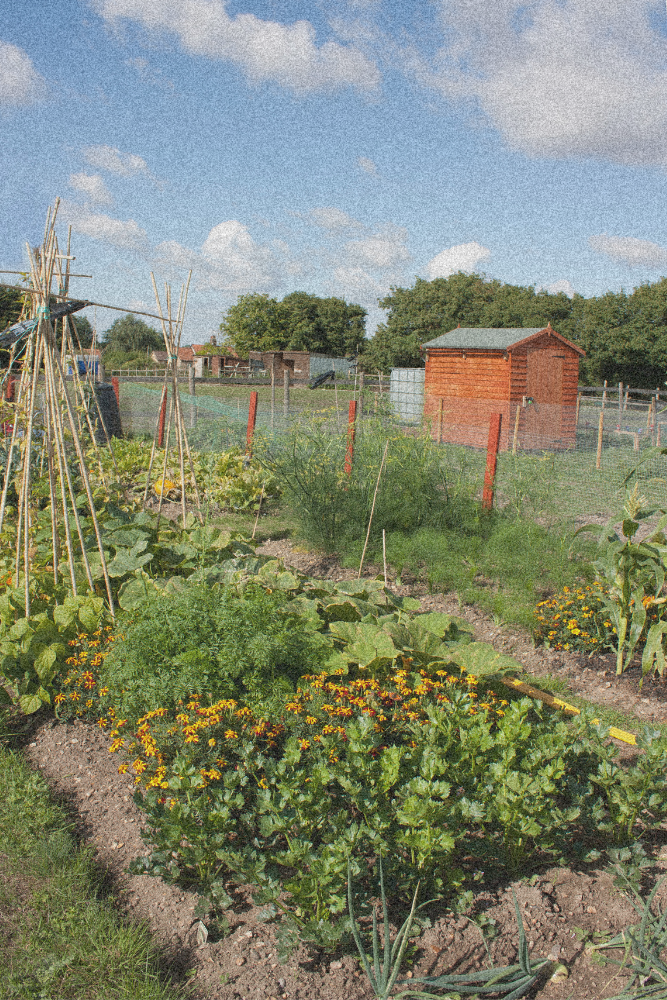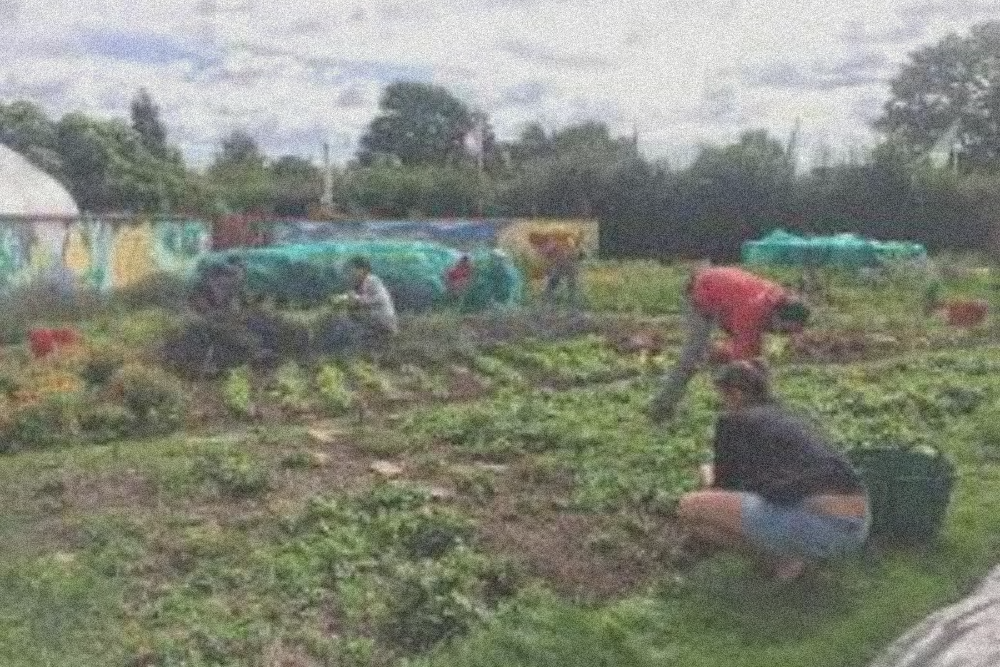

Gardeniser community
Study the social impact of community gardens on their neighborhoods.

Project period: December 2024 – December 2027
Coordinator: Replay Network Aps (Italy)
Partners of the project: Gartenpolylog (Austria), Université Roma Tre (Italy), Pistes-Solidaires (France)
Website: gardeniser.eu

The context:
Gardeniser Community was born from the synergy between local and international actions, enriching training and transformation around community gardens for over 12 years. In recent years, a common model of community gardens has emerged across several countries (Spain, France, Italy, Germany, the UK, Greece, Austria), along with the definition of a key role: the gardeniser (a blend of garden and organiser).
A community garden is a shared learning space managed by citizens, fostering the development of civic and social skills, raising awareness of environmental and climate issues, and promoting sustainable practices. The gardeniser acts as a facilitator—both inside the garden (with users) and outside (with the community and local institutions). This role has now been recognized and structured at the European level through non-formal education and projects such as Gardeniser Pro, Plus, and Hub.
The gardeniser has become a symbol of an innovative strategy for community urban gardens, promoting a vision of a sustainable city. The Gardeniser Community project strengthens not only the local impact of these gardens but also their credibility with institutions and economic stakeholders interested in corporate social responsibility.
The objectives:
Highlight the learning gained by adults involved in community gardens, which are seen as spaces for active citizenship and resilience.
– Promote community gardens as local learning hubs by developing tools—including digital ones—to measure their benefits for the neighborhood.
– Upgrade lifelong‑learning, governance, and funding tools for the gardeniser, the key innovator in community gardens.
– Raise awareness and rally local authorities, institutions, and businesses so they recognize and back urban community gardens as sustainability learning sites, in line with the EU Green Deal and the New European Bauhaus.
The results:
– Participatory local pathways involving adults active in community gardens to identify key areas of community impact and corresponding indicators.
– Think tanks in France, Austria, and Italy to share knowledge, experiences, and collected indicators, with the aim of defining in detail the community impact indexes of urban gardens.
– Comparative analysis of community impacts across three pilot gardens through a participatory evaluation using a quasi-experimental design.
– Progressive experimentation in 3 to 5 gardens in each partner country, aiming to assess the positive social externalities generated by gardens in their local communities.
– Development of a digital tool: an online, multilingual community impact calculator, accessible to all, enabling gardeners and gardenisers to measure and communicate the benefits of their gardens.
– European training module to equip gardenisers with the knowledge and tools developed by the project, supporting the transferability and long-term use of these resources for internal coordination, garden governance, and engagement with local stakeholders.


